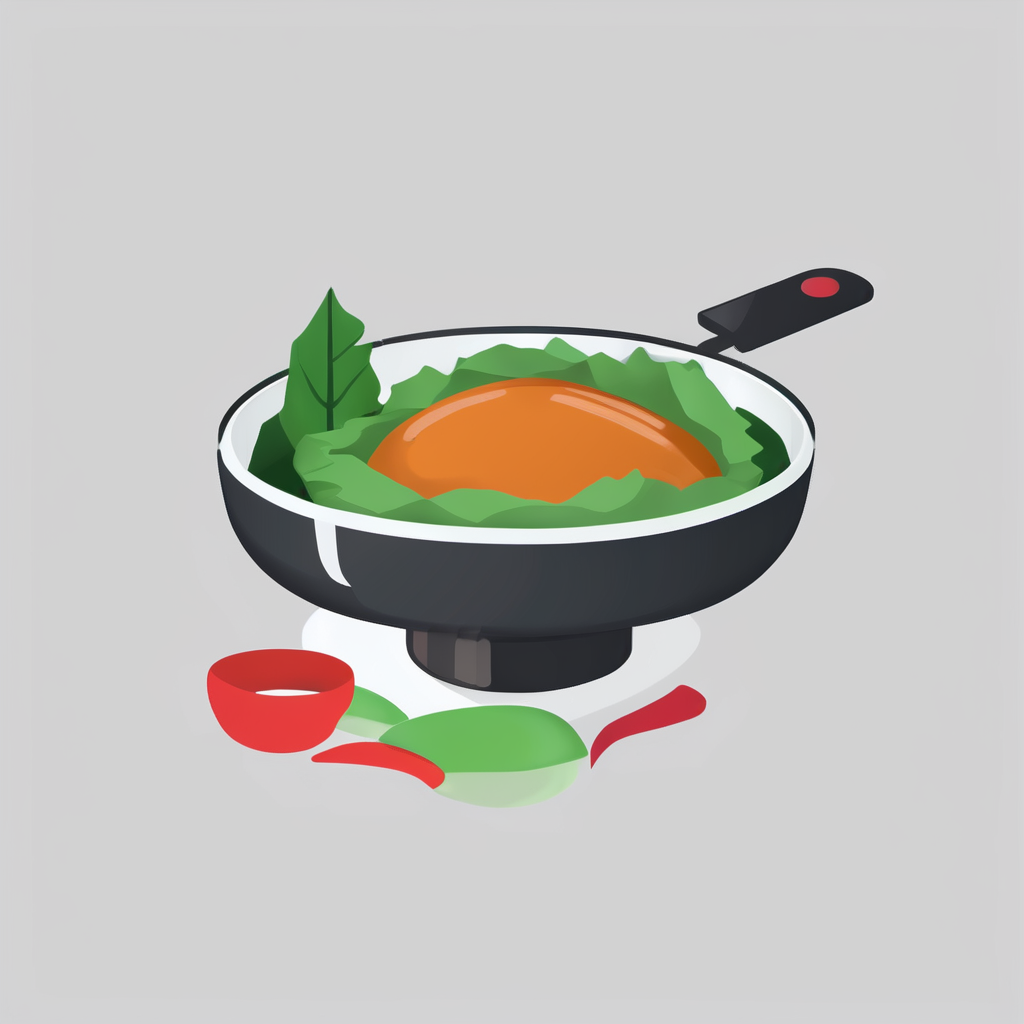Environmental Regulations Shaping UK Kitchen Products
UK environmental regulations play a crucial role in defining kitchen product standards to ensure sustainability and safety. These laws guide manufacturers in reducing environmental impact throughout a product’s lifecycle, from sourcing materials to disposal. Key legislation focuses on minimizing waste, hazardous substances, and energy consumption related to kitchenware.
The government enforces strict eco-friendly certification requirements that kitchen products must meet before entering the market. Certifications such as EcoDesign compliance and energy efficiency labels promote transparency and encourage manufacturers to adopt green practices. These certifications verify claims about sustainability, ensuring consumers receive genuinely eco-conscious kitchen products.
Also read : How Can British Culinary Tools Enhance Your Cooking Skills?
Brexit has introduced new challenges and opportunities for environmental compliance in the UK. While previously aligned with EU regulations, UK manufacturers now navigate a unique regulatory landscape. This shift requires adjustments in certification processes and adherence to updated standards, which can affect the import and export of kitchen goods. Despite this, UK environmental regulations remain rigorous, emphasizing ongoing commitment to sustainable product quality and safety.
Sustainable Materials in UK Kitchenware
Eco-friendly materials are at the heart of producing sustainable kitchen products in the UK. Popular choices include bamboo, recycled steel, and bioplastics, all prized for their minimal environmental impact. Bamboo is renewable and fast-growing, making it a preferred material for utensils and cutting boards. Recycled steel helps reduce landfill waste and lowers the carbon footprint compared to virgin metal. Bioplastics, derived from natural sources like corn starch, offer biodegradable alternatives for kitchen containers and accessories.
In parallel : How can UK kitchen appliances streamline your morning routine?
The industry is progressively shifting toward incorporating recycled resources into product design. Manufacturers increasingly use post-consumer recycled plastics and metals to create kitchen products that meet evolving consumer expectations for sustainability without compromising durability or function. This approach not only conserves finite resources but also aligns with eco-friendly certification standards, which often require a measurable percentage of recycled content.
Choosing kitchen products made from sustainable materials offers numerous benefits. These include decreasing reliance on non-renewable resources, reducing greenhouse gas emissions during production, and minimizing waste sent to landfills. Additionally, such products often come with certifications that assure consumers of their environmental credentials, supporting informed purchasing decisions aligned with UK environmental regulations.
